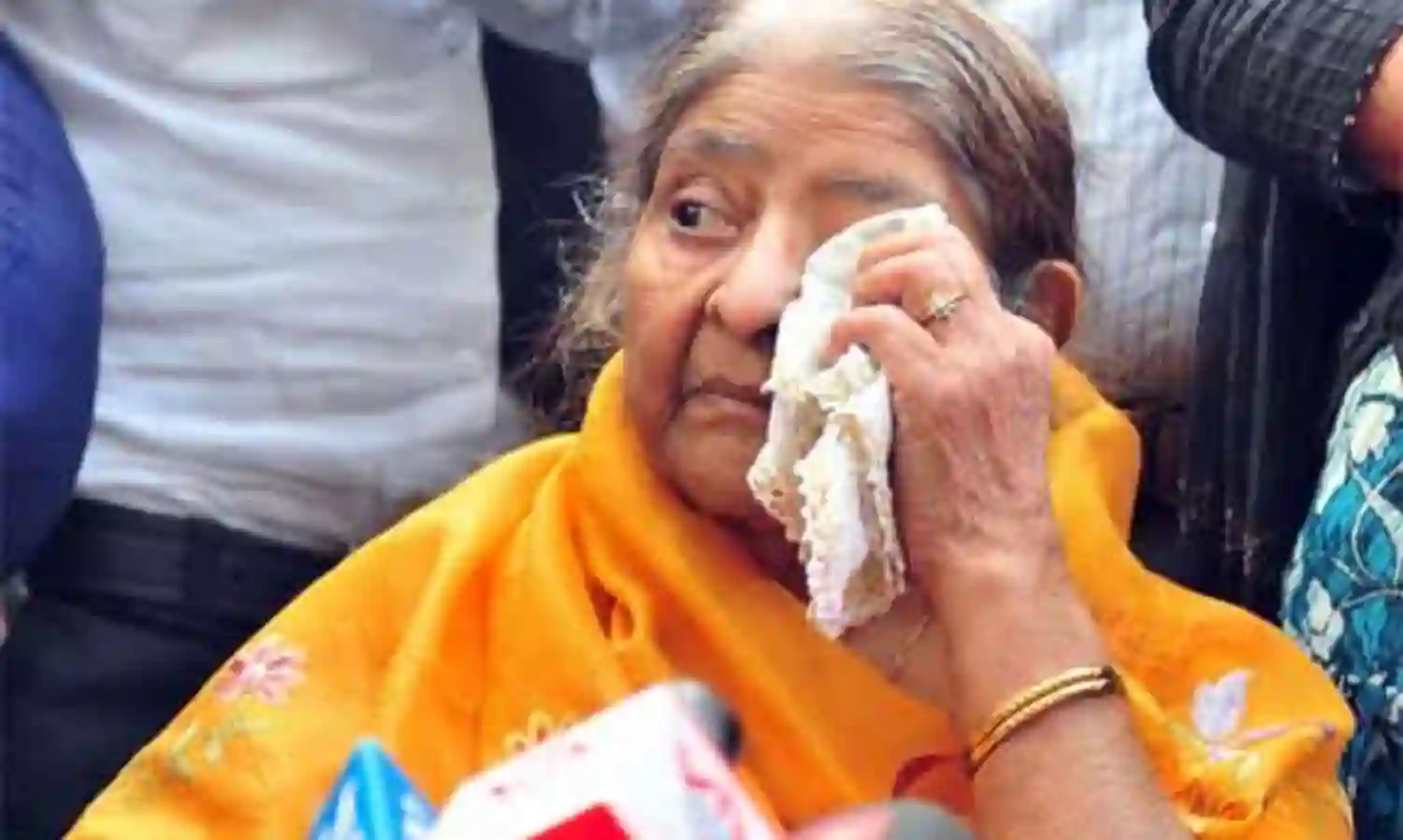Supreme Court to Hear Plea Challenging Clean Chit to PM Modi for Gujarat Violence
Defers hearing to November 26, saying plea requires detailed consideration;

The Supreme Court on Monday adjourned to November 26 the hearing of a special leave petition filed by Zakia Jafri, wife of former Congress MP Ehsan Jafri, who was killed in the Gujarat pogrom in 2002.
The petition challenges the Gujarat High Court’s judgment upholding the 2013 order of a magistrate’s court declaring there was no need to investigate or prosecute then chief minister and incumbent Prime Minister Narendra Modi and others for their role in the mass violence.
A special investigation team and an amicus curiae (friend of the court) appointed by the Supreme Court had made out a case for further investigation.
During the 2014 Lok Sabha campaign the Gujarat magistrate’s order came to be known as a “clean chit” given to PM Modi.
On Monday, the bench of Justices AM Khanwilkar and Deepak Gupta was of the view that the plea required detailed consideration, and deferred the hearing to next week.
As reported by Live Law, in partly allowing the revision petition filed by Zakia Jafri, the Gujarat High Court granted her the liberty to make a prayer for further investigation regarding a larger conspiracy angle in the Gulberg Society massacre which occurred during Gujarat riots of 2002.
Jafri filed the revised petition against a metropolitan magistrate’s order dated December 26, 2013 turning down her complaint that Gujarat Chief Minister Modi and other top politicians and officials were involved in orchestrating the riots.
Jafri’s spouse Ehsan Jafri was brutally murdered in the Gulberg Society massacre that took place on February 28, 2002. Zakia and Ehsan were sheltering their neighbours from a violent mob during the attack. Ehsan stepped out to plead with the mob for mercy for the people he was sheltering. In the presence of police officials the bloodthirsty mob tortured and lynched Ehsan Jafri to death.
It is important to note that Zakia Jafri’s petition is distinct from Gulberg Society massacre case. While the Gulberg case deals only with the massacre that took place at Gulberg Society, the Zakia Jafri case seeks to hold the Gujarat administration responsible for criminal liability, for 300 incidents of violence across 19 districts during the genocide in Gujarat in 2002.
Teesta Setalvad, Zakia Jafri’s co-petitioner in the case, was unavailable for comment at the time of writing.

